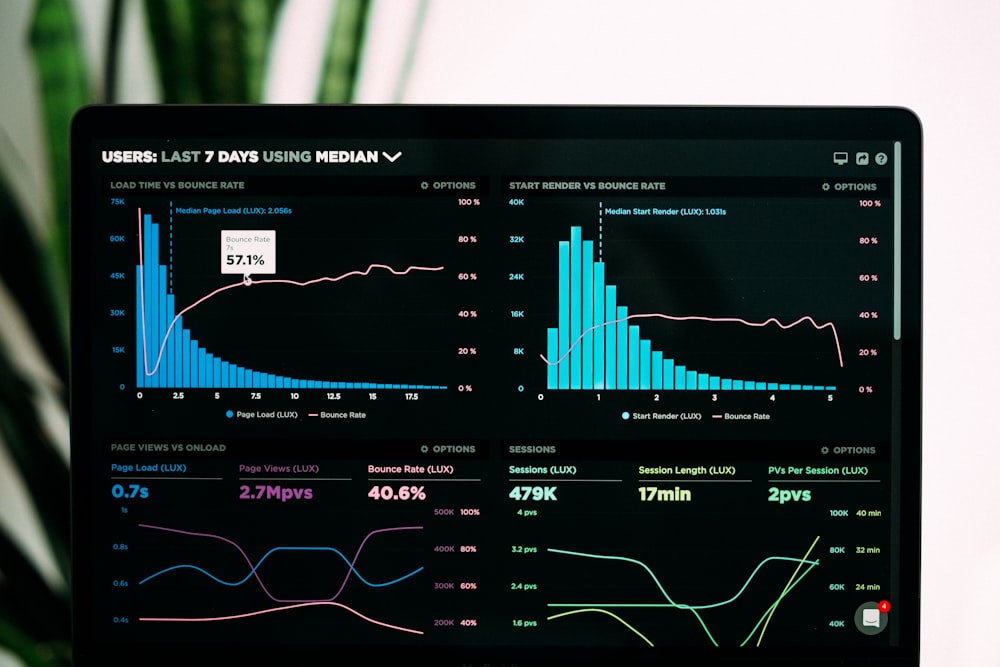Previously, banks could refuse services to crypto firms based on negative public perception categorized as 'reputational risk.' With these rules now removed, financial institutions must assess actual financial risks instead, creating a more equitable environment for evaluating blockchain firms.
Ripple, recognized for its compliance and institutional focus, may reap substantial benefits from this change. The company has established partnerships with central banks and financial institutions globally. RippleNet, combined with XRP, provides real-time settlements, cost-efficient liquidity, and supports Central Bank Digital Currency (CBDC) development, making Ripple an attractive partner for banks moving forward.
In response, XRP's price surged over 9% within a 24-hour span, reaching $2.20. In the past year, it has outpaced Bitcoin and Ethereum with an impressive annual gain of 365.2%, reflecting growing investor confidence.
French trader Arthur noted, "This policy change is huge for crypto," pointing out that the removal of fear-based regulations signals a readiness within the system to engage positively with the crypto sector. As US banks gain the ability to partner with firms like Ripple, there's a strong sentiment that institutional adoption of crypto could accelerate.
The implications are significant for XRP and US cryptocurrency regulation. This policy shift may catalyze a broader wave of institutional partnerships, potentially cementing XRP's role as a bridge asset in international transactions. The ongoing expansion of Ripple’s partnerships alongside this regulatory clarity could drive XRP to new market heights.




